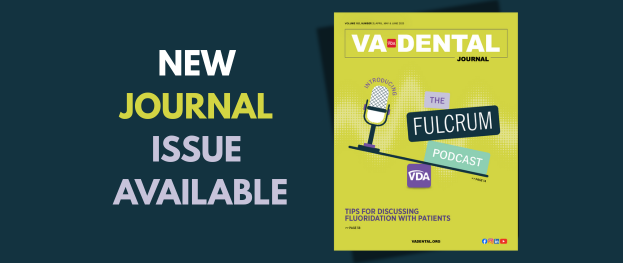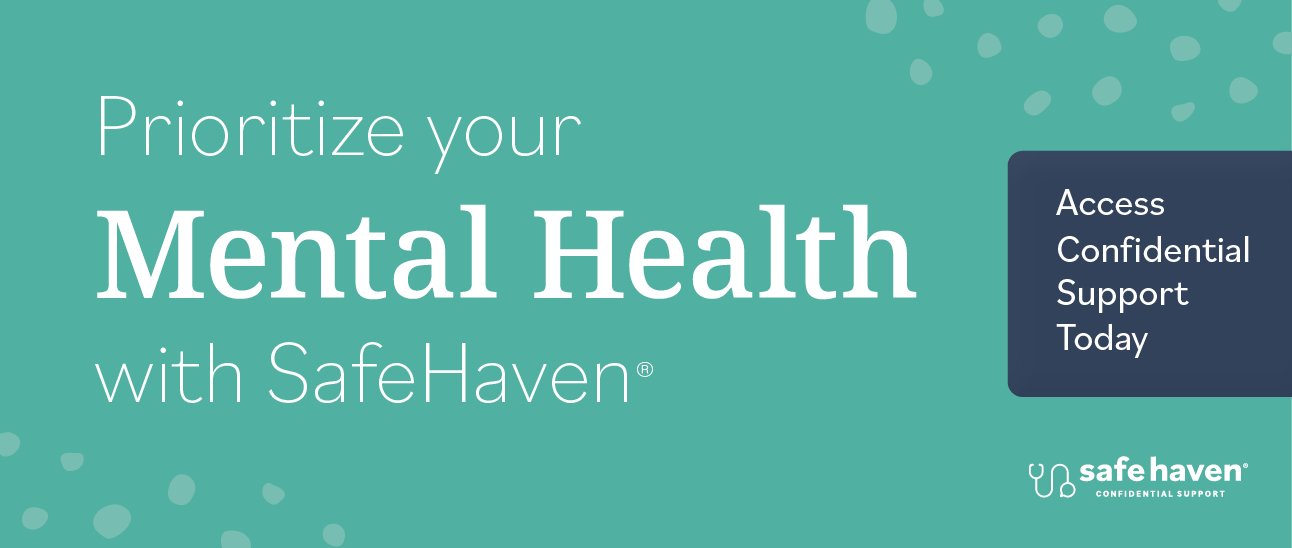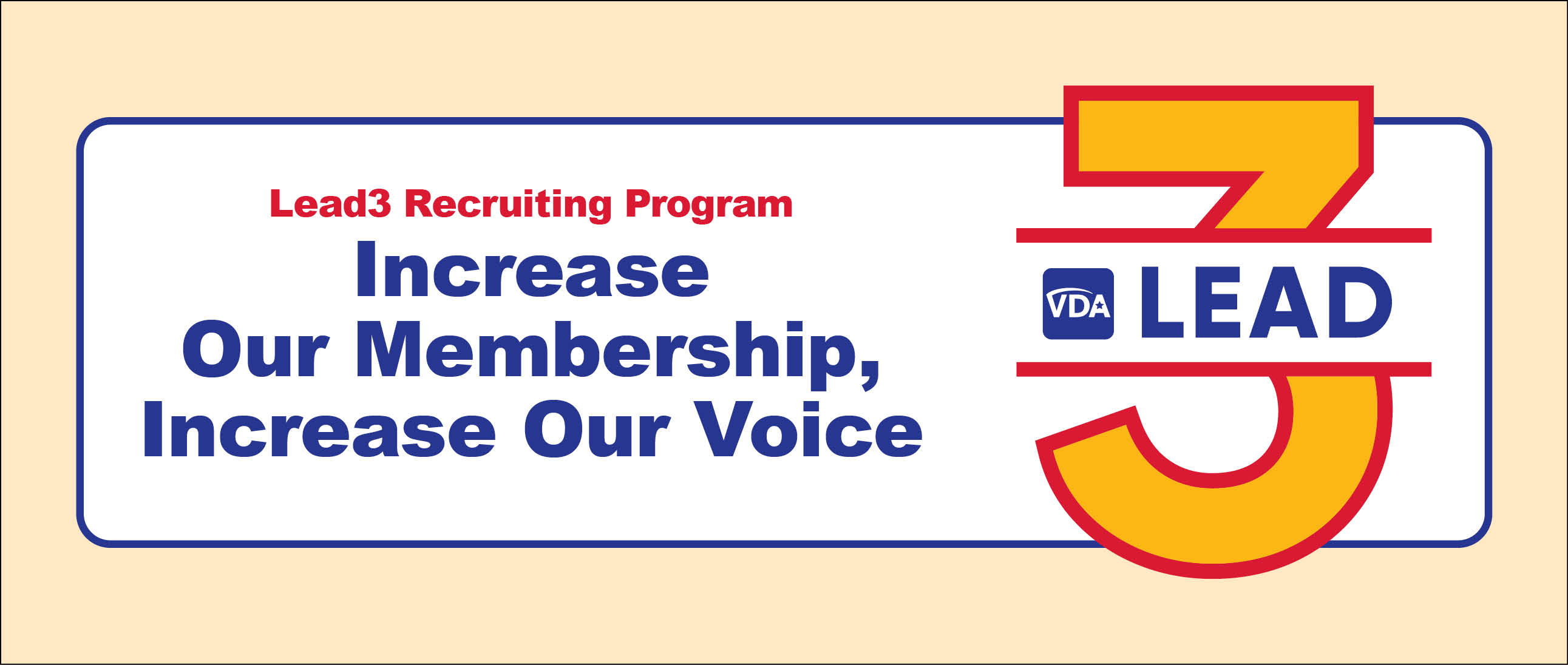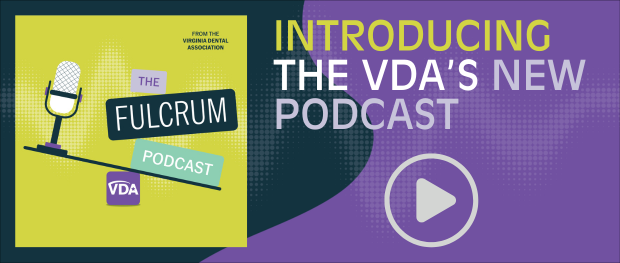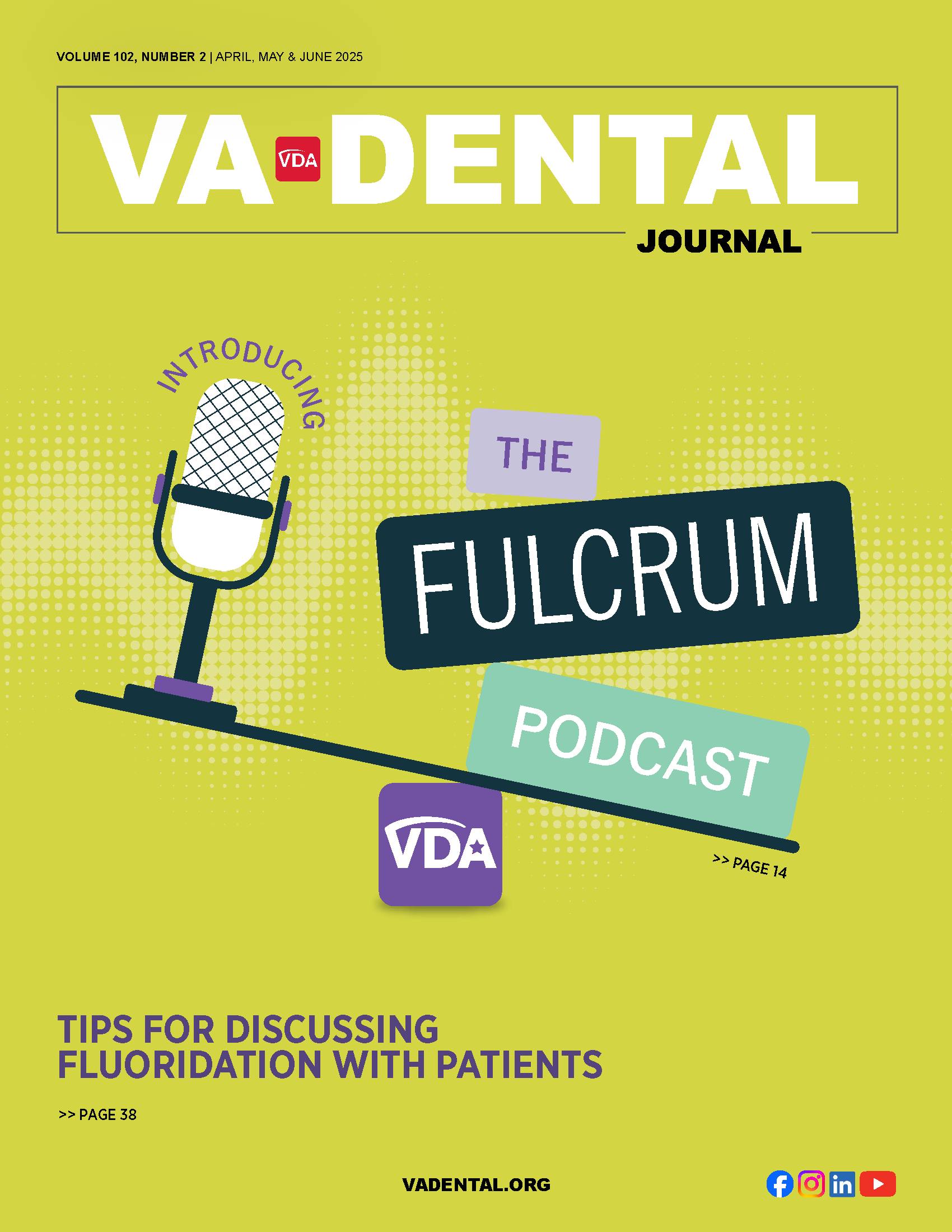The Five Principles of Highly Ethical Dentists
Staying true to core values is never more critical than during a crisis. But, when fear and uncertainty regarding the future of our business sets in, humans’ bodies naturally react with a fight-or-flight response. Our instinct is survival, so we tend to hyper-focus on urgent business decisions, and forget vitally important office culture ideals when they matter most. Most dentists shine in times of high pressure, as they flex their muscles strengthened by the daily balancing of a high-stress job with the commitment of conscientious service to their patients, team and profession. The dental community’s response to the coronavirus pandemic has been no exception.
As the reopening phase of this health and economic catastrophe begins, the American Dental Association’s five principles of ethics from the Principles of Ethics and Code of Professional Conduct can serve members and nonmembers alike as a rudder to keep the ship on course in stormy waters.
- Respecting the patient’s rights to self-determination and confidentiality is the first principle known as Patient Autonomy. Now as much as ever, it is crucial to involve the patient in treatment decisions, helping them to accurately weigh their oral health needs and desires with the systemic health risks. Also, new technologies used to examine and diagnose dental disease will be dependent on guidance from the Virginia Board of Dentistry, and must employ security measures that will withstand scrutiny from HIPAA.
- Embracing the duty to protect the patient from harm is the second principle known as Nonmaleficence. The six weeks away from practice allowed much time for education through reading and webinars, certain to elevate clinician knowledge and skill, which will benefit the patient. However, lost production can create financial pressure triggering faulty decision making. Remembering to acknowledge one’s limitations so as to refer to a specialist or other properly trained colleague when necessary is fundamental to the “do no harm” principle. Moreover, properly delegating to auxiliaries whenever possible to maximize efficiency and profitability is wise. Two key pillars created to support the principle of nonmaleficence in the “new corona world”, the VDA Interim Guidelines for Re-Entry into the Workplace and the ADA Return to Work Interim Guidance Toolkit, will serve as requisite roadmaps to ensure safe progress forward for both patients and team members in the coming months.
- Upholding the duty to promote the welfare of the patient and the public at large is the third principle known as Beneficence. “Doing good” is second nature for dentists, but never have clinicians been so wholeheartedly thanked by patients as during these past six weeks while providing emergency care. Also, incumbent to beneficence is community volunteerism, joining, participating and following the rules of professional organizations, and treating fellow dentists as colleagues instead of competitors – all especially important during this period of societal anxiety due to the virus. This principle also demands leadership of the dental office team, maximizing communication, respect and collaboration to optimize the quality of patient care delivered.
- Insisting upon the notion of treating people fairly is the fourth principle known as Justice. Central to this principle is delivering dental care without prejudice – all patients are treated equally. Patient screening protocols for COVID-19 have been assembled by the VDA, ADA and CDC, allowing a repeatable, equitable process that reduces risk for everyone involved to the maximum extent. Also embodied in this principle of justice is the concept of exercising caution when making comments about other clinicians. There is the reasonable expectation that some patients may jump practices as a result of the current crisis. So, focusing on only truthful, informed and justifiable comments regarding colleagues and their work, while steering away from any disparaging statements, is the exemplary approach.
- Committing to absolute honesty in dealing with patients and the public is the fifth principle known as Veracity. Patients look to their dental professionals for trusted advice, and there will be difficult questions that arise pertaining to the novel coronavirus that clinicians simply will not be able to answer. When faced with these unknowns, honesty is the key. Additionally, advertising that is misleading in any respect, or that could create a false sense of security for the patient, stands in contrast to the essence of the principle of veracity. Again, honesty is always the best policy.
These five core ethical principles are considered best practices for all United States dentists. The leaders of the American Dental Association and the Virginia Dental Association have done yeoman’s work to shepherd practitioners through this pandemic thus far. With any luck, and with adherence to these time-tested ethical principles, the dentists of Virginia will emerge better, stronger, and with a bigger future than ever imagined.

